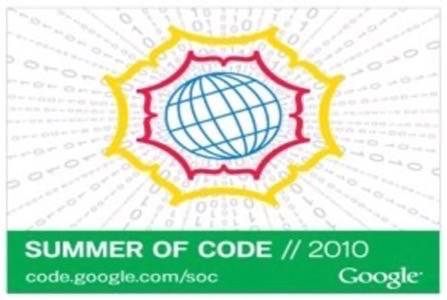The back-to-school season marks the end of a number of summer camps and summer programs, including the close of Google’s Summer of Code which officially wraps up today.

Now in its sixth year, Google Summer of Code gives students the opportunity to spend three months coding for various open source projects. 1026 students participated this year, and historically, the program has brought together over 3,400 students with over 200 open source projects to create millions of lines of code.
Mentorship in the Open Source Community
Facilitated by Google’s Open Source Programs Office, the Summer of Code gives students an opportunity to do real-world software development and to further their academic pursuits over the summer months. Summer of Code also seeks to inspire young developers to begin participating in open source development, while in turn helping the open source community identify and work with new developers.
Confidence and Connections
SoC participant Layla Oesper, a Brown University Computer Science PhD student, built a plugin for her mentor Cytoscape that would allow users to create a “visual semantic summary of a biological network.” As someone who doesn’t have an undergraduate degree in computer science, Oesper said that participation in the SoC program gave her both connections and confidence to further her academic work in the field.
This was also the first “pure programming” project for Kathryn Iverson, a University of Michigan Bioinformatics graduate student mentored by National Evolutionary Biology Synthesis Center. Iverson wrote a library in Java for creating geophylogenies with KML. She admits it’s a specialized application for evolutionary biologists, but appreciated the opportunity to do scientific programming.

The Summer of Code program, she says, “has also given me the confidence to start contributing to other open source projects. I write code but I don’t come from a CS background so I never really got involved with the FOSS community. Now that I have an idea of what to expect, I will be getting more involved in the open source community and hopefully make some useful contributions.”
Applications for the next Summer of Code will start in the spring of 2011. Students who complete the program receive a $5500 stipend, and monitoring organizations receive $500 for each student that successfully completes the program.










